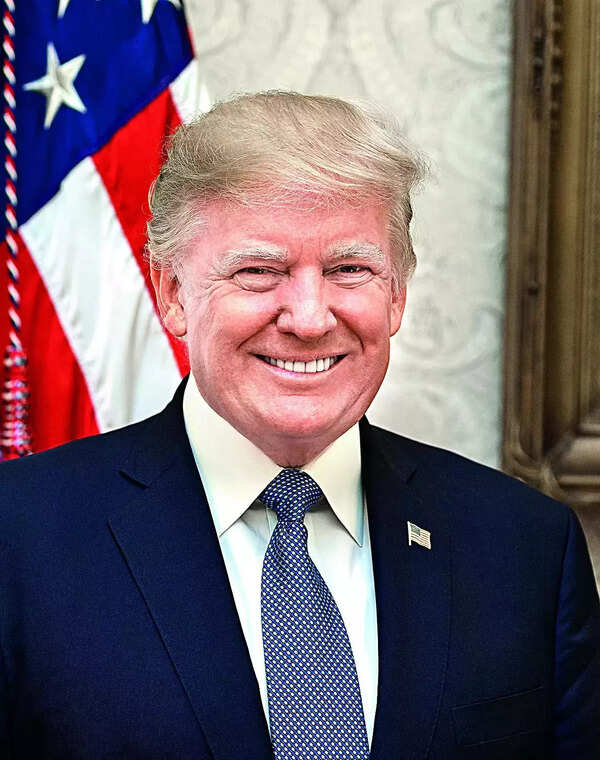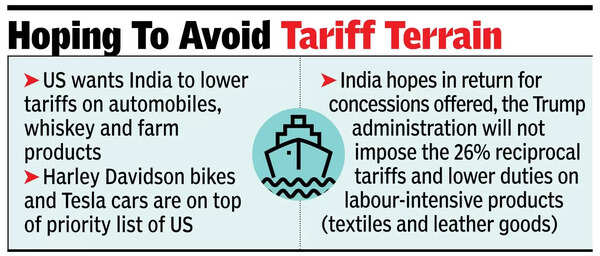Story so far: Touted as a ‘one-stop shop for all things related to solar power’, Gensol Engineering Ltd saw its shares plummet by 90% in April this year from their 52-week high of ₹1125 in June 24, 2024. The fall followed after India’s regulatory body, Securities and Exchange Board of India (SEBI), found alarming pattern of fund diversion by the company’s promoters — Anmol Singh Jaggi and Puneet Singh Jaggi.
In its interim order, SEBI revealed that the Jaggi brothers treated Gensol, which is listed in the National Stock Exchange (NSE), as a proprietary firm and diverted corporate funds to buy a high-end apartment in The Camellias, DLF Gurgaon, splurge on a luxury golf set, pay off credit cards and transfer money to close relatives. Furthermore, it found that Gensol’s electric vehicle (EV) plant in Pune had “no manufacturing activity” and only two to three labourers were present when a NSE official visted the site.
However, Gensol is not the only company the brothers have endangered. Electric cab service BluSmart — another start-up founded by the brothers and seen as a rival to Uber, suspended its services after SEBI’s critical report. As its fleet of 8000 taxis are procured by Gensol and then leased to BluSmart, its services have been affected due to SEBI’s probe into the Jaggis. The company has offered a ‘refund within the next 90 days if services do not resume’, reported Reuters.
Who are the Jaggis?
Raised as ‘Army kids’, the elder brother — Anmol Singh Jaggi, nursed entrepreneurial spirit since his early years. While studying Applied Petroleum Engineering at Dehradun’s University of Petroleum & Energy Studies between 2003 and 2007, Anmol first dipped into the renewable energy sector in his final semester of B.Tech. An internship at Reliance Industries pushed him into carbon trading, where in he purchased carbon credits from wind farms in India and sold them to European companies.
On July 2, 2007, he founded Gensol Engineering in a 50 sq. ft space in Ahmedabad offering Engineering, Procurement, and Construction (EPC) solutions for solar projects. The company helps its clients in designing, procuring materials and installation in solar plants, i.e. start-to-finish of the project. Touting its rooted beginnings, Anmol posted on LinkedIn, “16 years today of being super pumped in building business, making friends, awesome team, kind investors,” displaying a photo with his parents and grandparents. His brother – Puneet, who completed his B.Tech in Chemical Engineering from the Indian Institute of Technology (IIT) Roorkee in 2010, joined Gensol soon after.
Anmol Jaggi with his family on July 2, 2007 at Gensol’s first office in Ahmedabad. Photo: LinkedIn
In 2016, Puneet also founded Prescinto Technologies — an Artificial Intelligence (AI)-based asset performance management provider for renewable energy. Based in Bengaluru, the firm was part of the Gensol Group and catered to customers in fourteen countries. With AI solutions, the company focused on analysing clean energy plant data to delivering increased generation. This company was acquired by IT giant IBM in October 2024.
Meanwhile, Anmol founded Matrix Gas And Renewables Limited in 2018 — a gas supplier and distributor for energy production, focusing on natural gas, biogas and green hydrogen. As part of the Gensol group, Matrix is part of the basket of renewable energy solutions offered including lithium-ion cell manufacturing, battery energy storage, EV leasing and manufacturing and solar EPC. Together, the brothers also founded BluSmart in 2019.
Between 2019-2024, stocks analysts were very bullish on Gensol as it expanded its business scope from solar to EV sector, according to Fortune India. Its share prices surged from ₹85 to ₹2,392, delivering returns of 2714% to its investors.
What went wrong with Gensol?
According to Businessline, the company’s revenue was on the rise from 2022 till 2025, with its performance beating 2024. With orders worth ₹4,000 crore and over 8,300 EVs leased by December 2024, Gensol’s prospects seemed bright. However, by March 2025, the company’s credit rating reports downgraded it to D-rating (i.e. expected to default soon). This sent Gensol’s stock crash by 20% on the same day and it hit lower everyday.
There were several reasons listed for Gensol financial issues are — three years of cash outflows exceeding its inflows (negative cash flows), increasing trend of promoters pledging their shares as collateral for loans (promoter share pledge) from 81.7% in December 2024 to 85.5% in February 2025, dropping promoter holdings from 71.2% in March 2022 to 62.1% in 2025 and the resignation of the CFO on March 6 citing ‘personal reasons’. Gensol’s s liquidity position and investor confidence were diminished prior to SEBI’s probe.
In April this year, SEBI initiated a probe following complaints of share price manipulation and default in loan repayments, filed in June 2024. Gensol had availed ₹977.75 crore in term loans from institutions like IREDA and PFC of which ₹663.89 crore was earmarked for purchasing 6400 EVs. However, only 4,704 vehicles worth ₹567.73 crore were procured, ₹262.13 crore unaccounted for, found SEBI.
This triggered a slump in Gensol’s stock from its record high of ₹2,392 in October 2023 to half its worth (₹1126) in June 2024 and to ₹111.65 on April 21, 2025 — days after SEBI’s interim order.
What has SEBI found on Jaggis?
In response to SEBI’s findings, Gensol admitted that it had procured only 4,704 of the 6400 EVs it had received funding for, leaving ₹262.13 crore unaccounted for. SEBI found that in many instances, funds transferred to Gensol’s supplier Go-Auto for EV purchases were routed back to it or entities linked to Anmol and Puneet either directly or indirectly.
Some funds were used for unsanctioned purposes. These include financing a luxury apartment in DLF Camellias by routing funds via Anmol’s Capbridge Ventures, ₹6.20 crore allegedly diverted to Anmol’s mother Jasminder Kaur, ₹2.98 crore to his wife Mugdha Kaur Jaggi and investing ₹50 lakh in Ashneer Grover’s startup Third Unicorn, ₹26 lakh on a golf set and ₹3 lakh spent through MakeMyTrip for travel. On Puneet, SEBI found that he diverted ₹1.13 crore to his spouse Shalmali Kaur Jaggi, ₹87.52 lakh to his mother and pay off his credit card bills.
In its 29-page order, SEBI concluded, “These transactions would mean that the diversions would need to be written off from the company’s books, ultimately resulting in losses to the investors of the company.”
It has barred the Jaggi brothers from holding any directorship or key management position in Gensol or any other listed company. Gensol’s promoters have been prohibited from accessing the securities market until further notice, citing fund diversion and serious governance lapses. The company’s proposed stock split in the ratio of 1:10 has also been put on hold. A forensic auditor is now further investigating the matter.
Published – April 24, 2025 07:46 pm IST





































